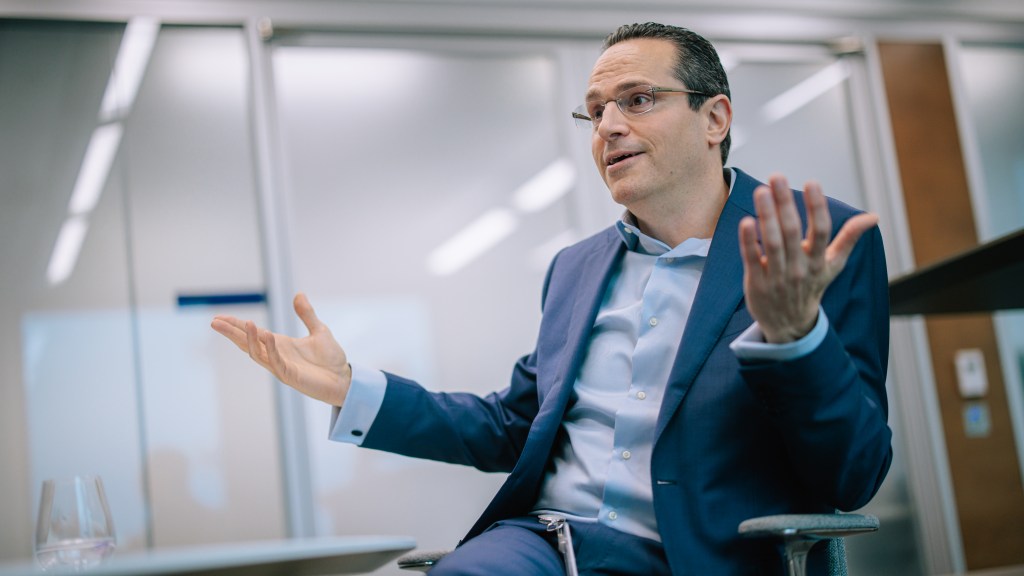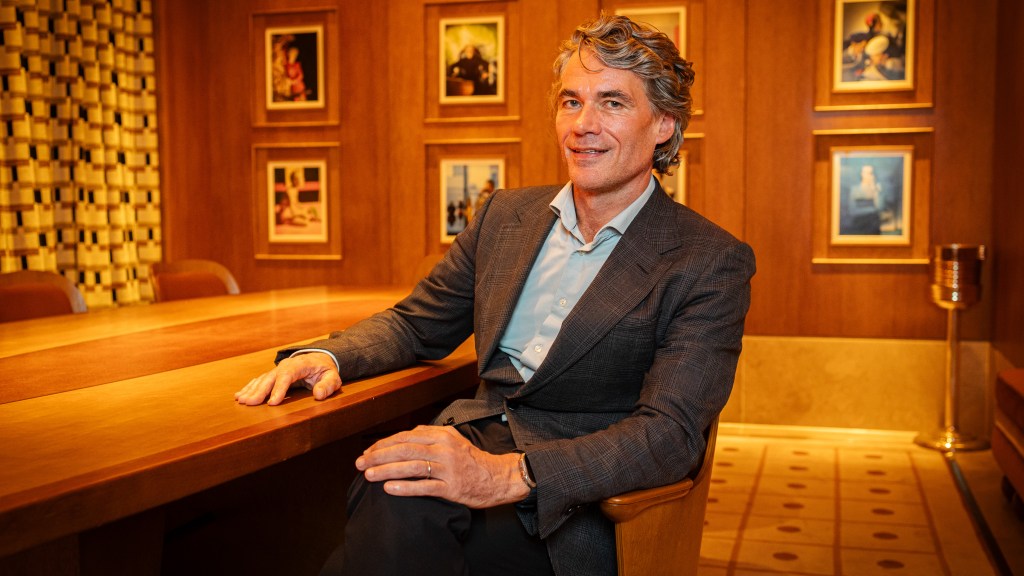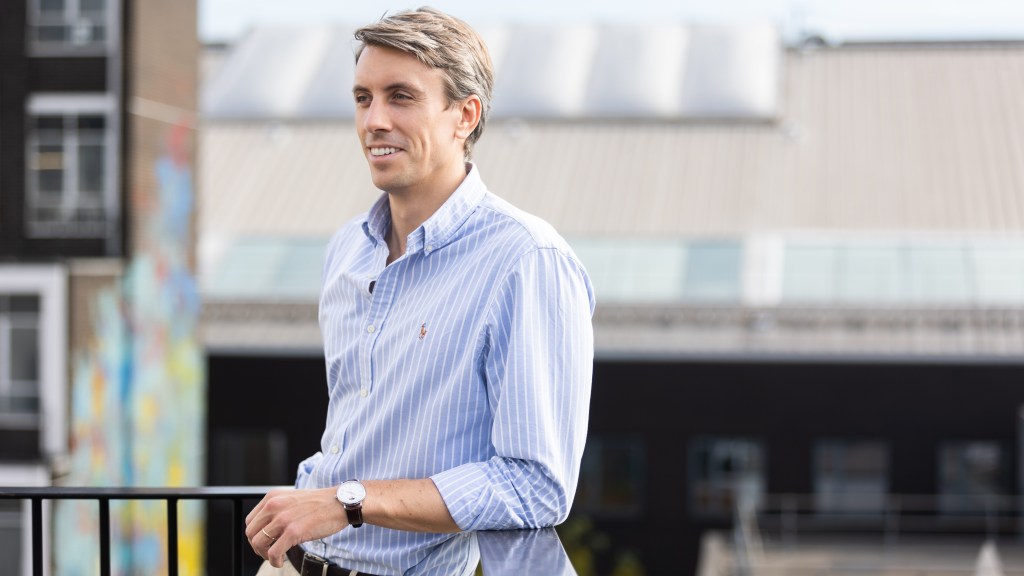Shell CEO Questions Rachel Reeves’ Confidence in Sustainable Aviation Fuels
Wael Sawan, the CEO of Shell, has expressed skepticism over claims by Rachel Reeves regarding the transformative potential of sustainable aviation fuels (SAF) for mitigating the environmental impact of a proposed third runway at Heathrow Airport.
Sawan pointed out that current usage of SAF in the aviation sector is minimal, accounting for less than 0.1% of total aviation fuel consumption. He emphasized that increased adoption of SAF, which is derived from cooking oils or animal fats and is typically two to four times more expensive than conventional fuels, hinges on the implementation of stricter government regulations.
“The truth is that SAF is costly; without mandates requiring its use by airlines or their customers, we won’t see significant uptake,” he stated.
He continued, “SAF is indeed the only viable pathway for the aviation industry for the next decade or so, and while its use will expand, it is starting from a very low base. Airlines are unlikely to compromise their profit margins without an impetus to do so.”
This discussion follows an interview with Reeves on BBC Radio 4’s Today program, in which she affirmed her belief that sustainable fuels could profoundly alter the debate around airport expansions. Reeves suggested that aircraft could be operating from the new runway as early as 2035, claiming that sustainable fuel reduces carbon emissions by approximately 70% compared to traditional fossil fuels.
The UK government released a framework in December outlining a mandate for sustainable aviation fuel use, which is set to commence in 2025 with a target of 2% of total jet fuel demand. This requirement is slated to escalate to 10% by 2030 and 22% by 2040.
Notably, this implies that by 2040, over three-quarters of the aviation fuel utilized at Heathrow would continue to be fossil fuel-based.

Shell has been actively supplying sustainable fuel across North America, Europe, and the Asia Pacific, leveraging its presence across 40 locations in ten countries. The company reported that around 11 markets, including parts of Europe and Singapore, have already set goals for SAF, as well as 25 airlines which together contribute to 35% of global aviation emissions.
Sawan stressed the importance of maintaining existing mandates, noting that there has been a troubling trend of regulatory rollbacks in various countries, which has negatively impacted Shell’s investments.
He mentioned, “Shell plans to invest between $10 billion and $15 billion over the three years leading up to 2025, of which we have already committed eight billion. While we are on track to meet our goals, any decline in biofuel and biogas mandates could undermine future investment confidence.”
When asked about the anticipated proportion of sustainable aviation fuel by 2035, Sawan replied, “I expect it will remain a very small percentage of total aviation fuel globally.”
In her address regarding economic growth, Reeves announced that the government would allocate £63 million to an advanced fuels fund in the coming year and plans to implement a “revenue certainty mechanism” to foster investment in developing this emerging sector.




Post Comment